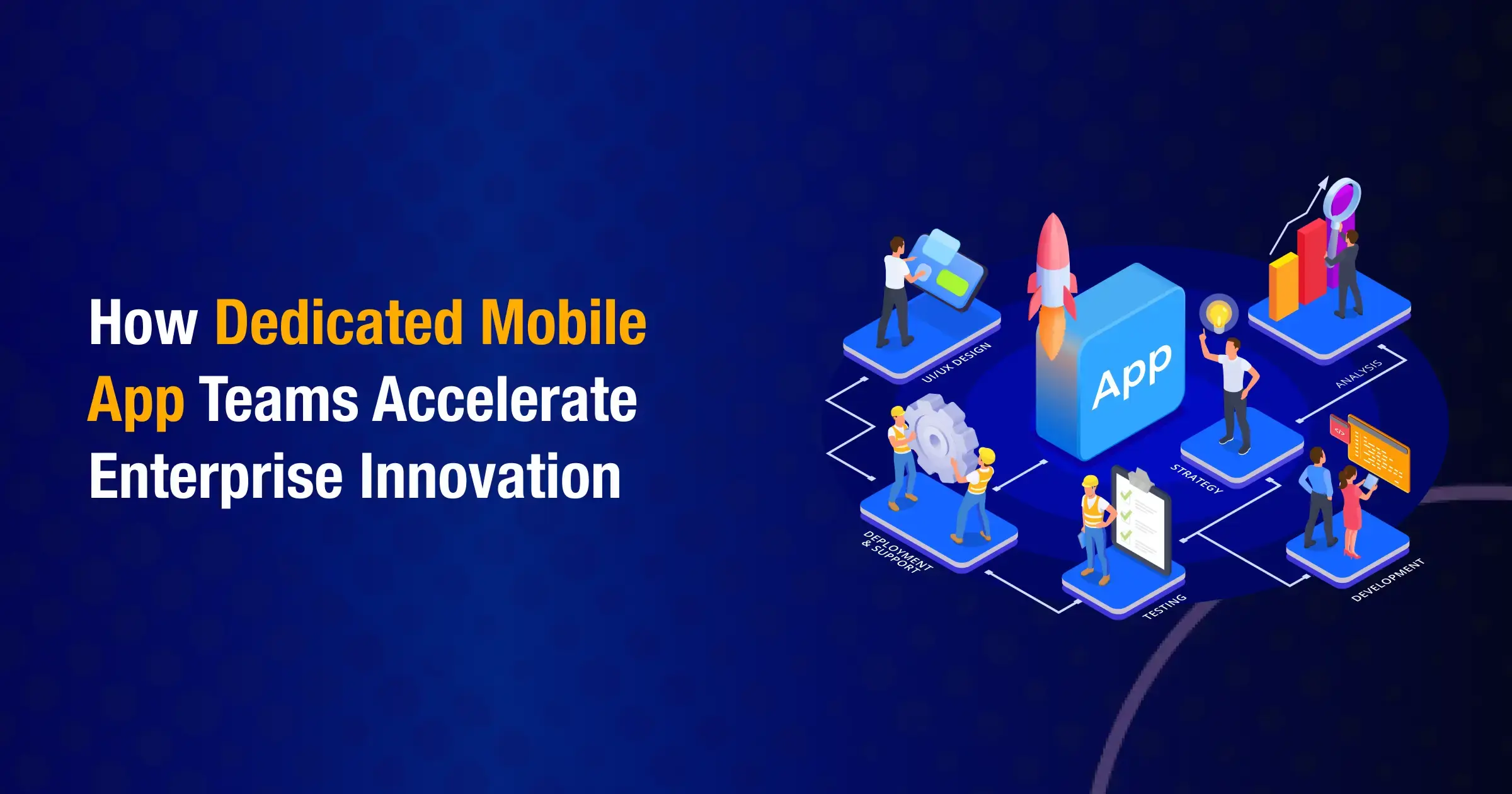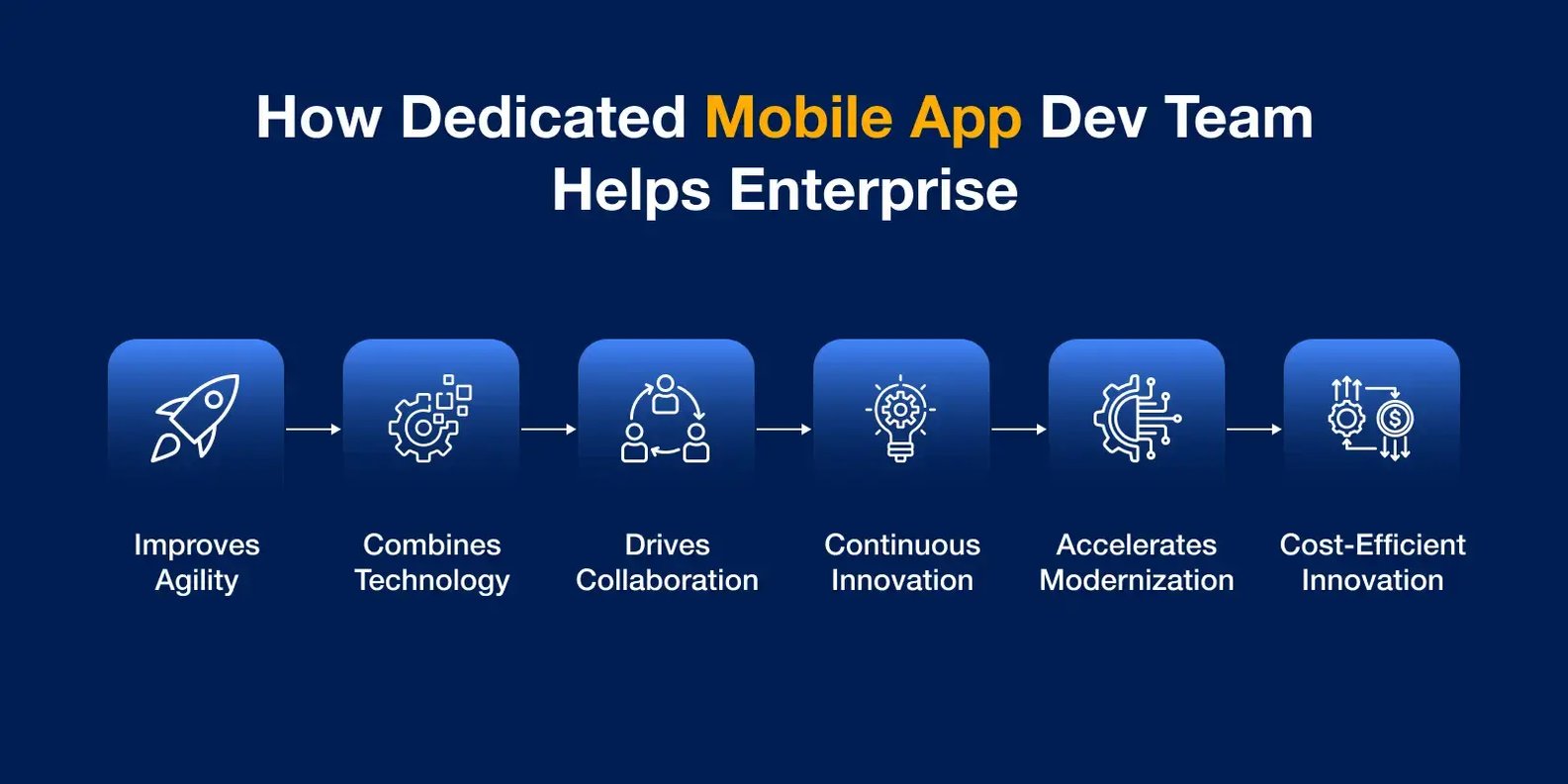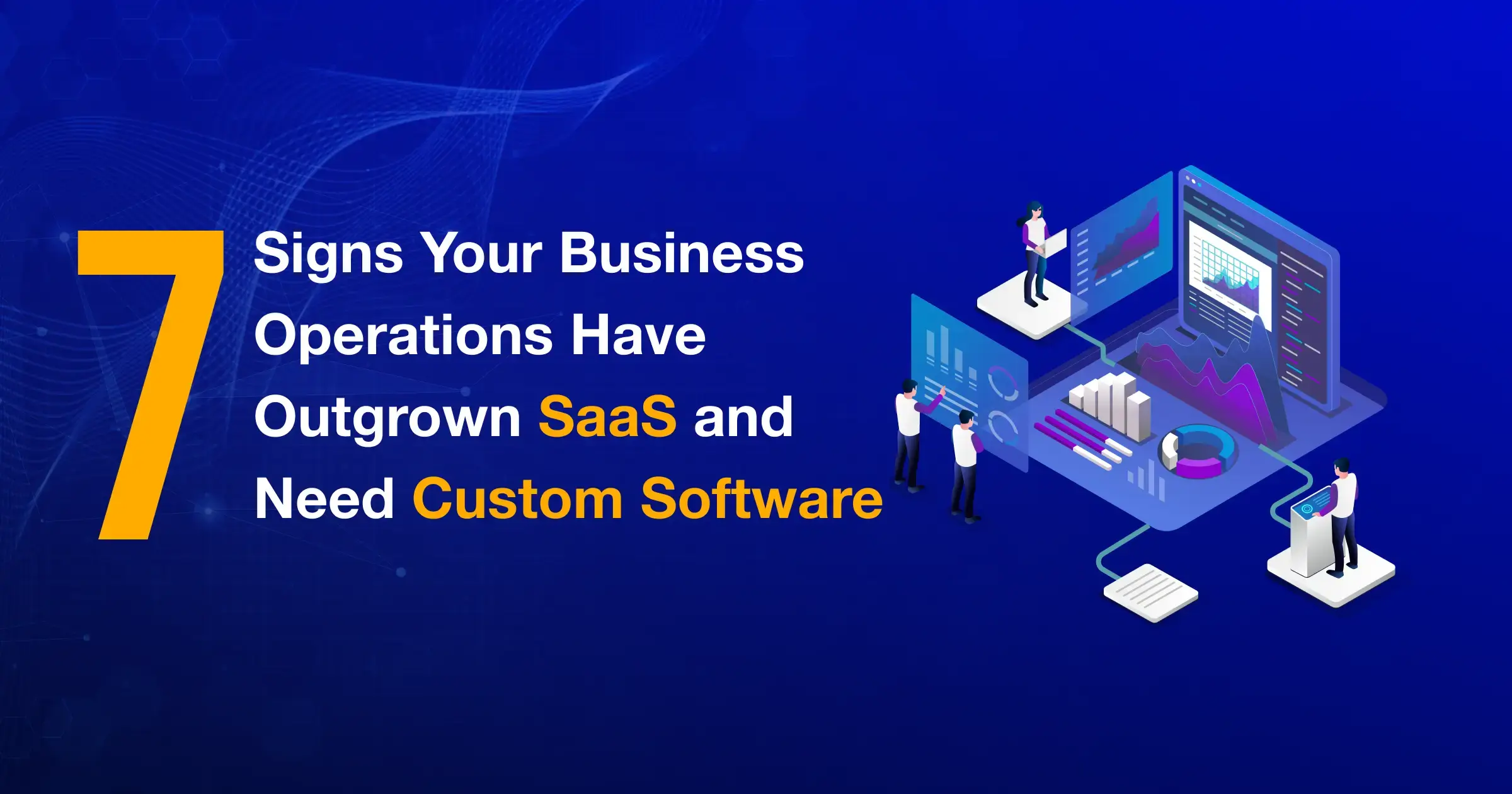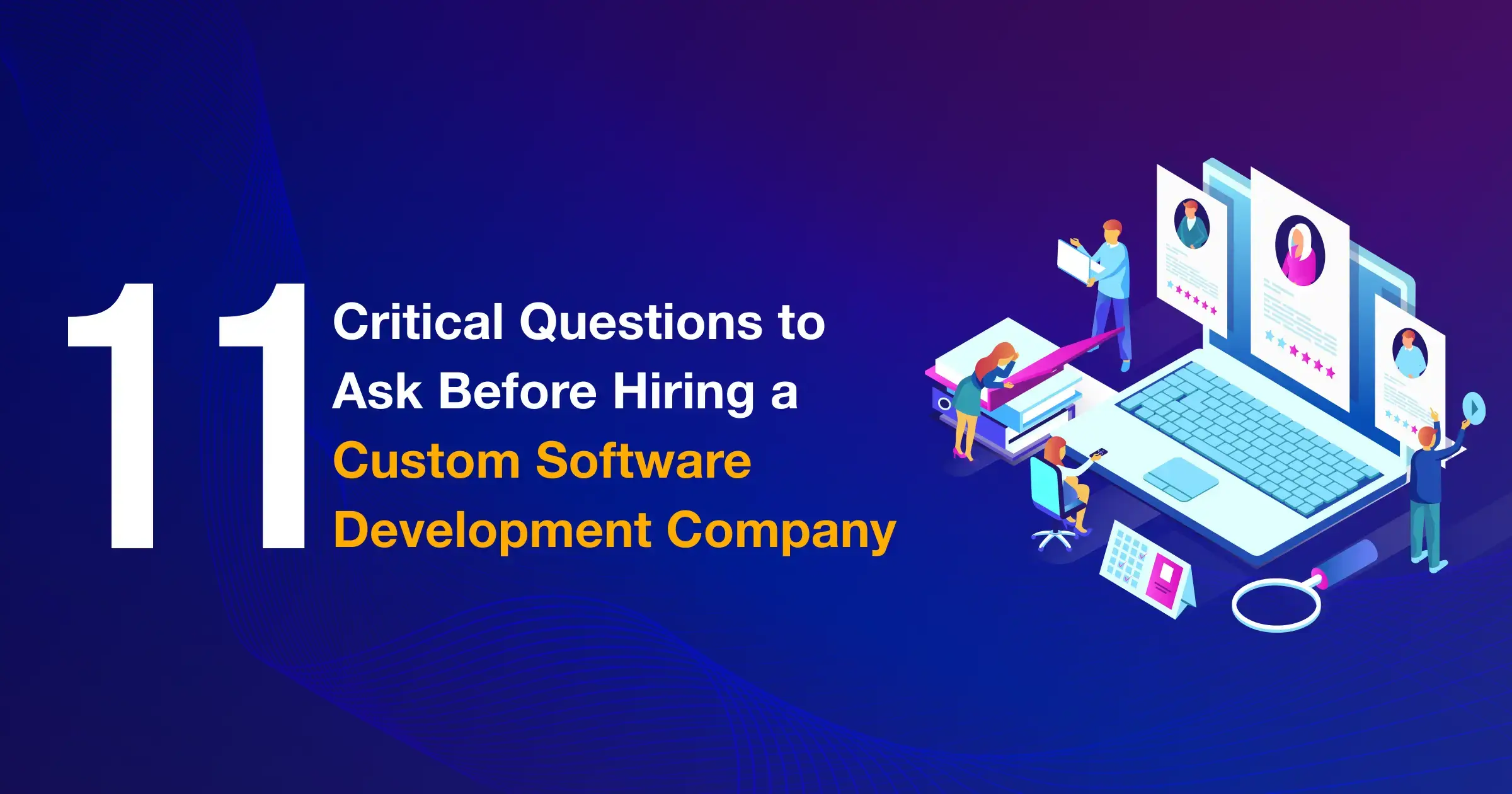Posted by Tech.us Category: software product development saas
We are a team of technology experts who are passionate about what we do. We LOVE our customers. We LOVE technology. We LOVE helping you grow your business with technology.
Artificial Intelligence Services
Machine Learning Services
Generative Al Services
Robotic Process Automation
Natural Language Processing
Chatbot Development Services
Enterprise AI Services
Data Annotation Services
MLOps Services
IoT Services
Data Mining Services
Computer Vision Services
LLM Development Services
AI Agents
Agentic AI Development
Custom Software Development
Enterprise Software Solutions
Software Development Services
Website Development Services
Software Product Development Services
SaaS Development Services
Mobile App Development Services
Custom Mobile App Development
IOS App Development
Android App Development
Enterprise Mobile App Development
Hybrid App Development
Software Development Outsourcing
Dedicated Development Team
Staff Augmentation Services
IT Outsourcing Services
Data Analytics Services
Data Analytics Consulting Services
Business Intelligence Solutions
Software Modernization
Application Modernization Services
Legacy System Modernization
IT Security Solutions
Cyber Security Solutions
Cyber Security Managed Services
HIPAA Compliance Cyber Security
Cloud Application Development
Custom Web Application Development
Cloud Consulting Services
AWS Cloud Consulting Services
Enterprise Cloud Computing
Azure Cloud Migration Services

POPULAR POSTS
01
How To Improve Document Processing Accuracy Using Document AI
02
The Guide to Chatbot Development & What to Seek while Hiring a Company
03
11 Proven Benefits of AI Chatbots for Businesses in 2025
04
Understanding Natural Language Processing: The What? The How? and The Why?
05
What Digital Transformation Means for Businesses in 2026
Posted by Tech.us Category: software product development saas

Think about a large enterprise that invests millions in digital transformation. New software platforms. Updated infrastructure. A modern tech stack. Everything seems right on paper yet, months later, they come to realize that innovation is stuck somewhere and they couldn’t get things move on from there. Projects move slowly with app ideas taking too long to reach users.
Contrarily, the market moves faster than the business can adapt, which is a situation many organizations in the software industry face as they have the resources but still struggle to stay ahead.
The reality is that large enterprises often get tangled in their own processes., where there are multiple teams with long approval chains and a constant battle to balance innovation with day-to-day operations.
Everyone wants progress, but real innovation needs more than just technology. What it needs is the right people focused on the right goals, which is precisely where dedicated mobile app teams come into the picture.
These teams bring agility and focus into environments that are often too structured to move fast. They work as innovation partners, who blend technical expertise with business understanding, and instead of waiting for the next quarterly review, they build and improve ideas in real time.
This dedicated development team approach is changing how innovation happens for many enterprises as it helps them launch apps faster all while ensuring they adapt to user needs and keep up with a digital world that never slows down. And this shift, from traditional development to dedicated mobile app teams, is what we’ll explore in this blog.
A few years ago, a growing enterprise software company decided to build a new internal mobile app with a simple goal in mind, which was to make communication between departments smoother. The idea sounded great, and with the team excited the first few weeks looked indeed promising.
But as the project moved forward, their progress slowed with each feature needed multiple approvals. Every small change had to go through long email threads. Developers waited for design feedback. Business teams waited for updates.
And, by the time the app was ready for testing, only then they realized months had gone and the market had already moved ahead, so the app felt outdated before it even launched.
Stories like this are common in enterprise software development. The intention to innovate is always there, but most often the system gets in the way which slows down processes.
The problem doesn’t start with a lack of talent or technology but with the structure and many large organizations are susceptible to it for they are built for specifically stability.
They have a set of processes that are meant to reduce risk, but they also slow down innovation.
Many enterprises find it hard to make quick decisions. For example, introducing a new mobile feature or adopting a new tech framework often goes through several layers of review, which makes teams cautious. They lose the flexibility to experiment, and over time, creativity takes a back seat, and innovation becomes a goal that feels too big to chase.
In some cases, internal teams face capacity or skill gaps. As they handle multiple projects at once, the focus might shift from “building something new” to “keeping everything running,” which affects how fast businesses can react to user needs or new opportunities.
So, what’s the real cost here?
But this is also the turning point where enterprises realize something has to change. They need a model that supports faster innovation without any challenge.
Dedicated mobile app teams start to make sense of such things as they’re built for speed and focus.

So, what exactly is a dedicated mobile app team? It’s a full squad of experts with developers, designers, QA testers, product owners, and sometimes data analysts, all of whom work exclusively on one client’s product. They do not juggle multiple projects or clients. Their focus stays on your app, every day.
Let’s break this down a little.
Be it developing a custom software or building a mobile app, dedicated teams refine ideas, fix roadblocks, test user experience, and keep improving your product as the market evolves.
It may sound like the work of in-house teams but they are different. They’re usually external professionals, who act as an extended arm of your organization. You get expertise and continuity, all without worrying about overhead costs and time.
Remember when app development was mostly about finishing a project and moving on? That approach worked when updates came once or twice a year. But now, everything moves faster.
Enterprises started realizing that one-time projects couldn’t keep up. So for long-term projects, they choose this model over software development outsourcing as they could stay aligned with long-term goals.
This model grew stronger with digital transformation. As companies started building digital ecosystems, mobile applications, web applications, or leverage cloud computing solutions, and AI development solutions, continuity became essential.
Dedicated teams gave enterprises exactly that with ongoing innovation without any disruption of switching vendors or retraining teams.
Today, mobile has become the main channel for most users, and think about how often customers interact with your brand through an app instead of a website.
Can you really innovate fast enough with a team that switches between clients? Probably not.
A dedicated team stays laser-focused on your product goals. They:
That’s how innovation happens all through consistency and focus. When a team knows your users, your brand, your long-term vision, they can think ahead as they may have already started preparing the next move.

Enterprises today move fast. Markets shift, user needs evolve, and new technologies appear every few months, so to stay relevant, companies must innovate continuously, and not in bursts, but as a steady rhythm.
In such scenarios, dedicated mobile app team helps businesses make the right move at the right time. These teams give enterprises the ability to move quickly where they test new ideas and refine products all without constant disruption.
Let’s see how this approach transforms enterprise innovation from a goal into a daily practice.
Agility is what keeps enterprises alive in a fast-moving market. Dedicated mobile app teams help enterprises stay adaptable by building, testing, and improving apps continuously. They shorten decision cycles, so ideas don’t get stuck in long internal processes.
Think about how faster updates or MVP releases help test real user behavior. Instead of waiting for quarterly releases, teams can roll out small, focused updates every few weeks. This rhythm allows enterprises to stay close to market needs and react before competitors do.
Here’s how dedicated teams drive agility:
This model removes unnecessary waiting. It turns innovation from a slow, departmental task into a continuous business habit.
Technology alone doesn’t create innovation but alignment does. Dedicated teams work closely with business leaders to make sure app development directly supports business outcomes.
Every new feature or update has a clear purpose: improve customer experience, automate a process, or unlock better data insights.
Instead of treating mobile app development as a tech project, enterprises start seeing it as a business strategy. Dedicated teams help connect code to company vision. The result is smarter, more relevant apps that deliver measurable impact.
Here’s how dedicated teams align tech with business goals:
When tech teams and business goals move together, innovation becomes natural. Every app release supports growth, not just deployment.
In large enterprises, innovation often slows down because departments work in silos. IT might have the tech vision, marketing knows the audience, and customer success handles feedback. But if these groups don’t collaborate, ideas lose momentum.
Dedicated teams bridge these gaps. They act as a single, connected hub that keeps everyone aligned, all from design to deployment. Communication becomes fluid, and decision-making becomes faster. Teams can brainstorm, prototype, and ship new ideas together instead of passing them around.
Here’s how dedicated teams boost collaboration:
This kind of collaboration builds stronger products and a unified vision. Everyone knows what’s happening and why, which keeps innovation moving without confusion.
Innovation doesn’t happen in isolation. It needs a culture that supports experimentation and ongoing improvement. Dedicated mobile app teams bring this mindset into the enterprise. They don’t wait for instructions; they explore, suggest, and iterate.
When the same team works on your app over time, they understand its evolution deeply. They know what works, what doesn’t, and where new opportunities lie. That knowledge helps them take initiative as they often identify ways to improve features or user experience before anyone asks.
Here’s how dedicated teams build continuous innovation:
Over time, this steady cycle of feedback, improvement, and testing turns innovation into an everyday behavior. Enterprises stop treating it as a one-time project and start living it as part of their DNA.
Many enterprises still run on legacy systems that slow down innovation. Dedicated mobile app teams bring modernization into focus. They help update old architectures, integrate new technologies, and migrate systems without business downtime.
This process doesn’t just improve performance, it creates space for innovation. Once legacy systems are modernized, enterprises can adopt new tech like AI, cloud, and analytics much faster.
Here’s how dedicated teams accelerate modernization:
Modernization clears the path for future growth. Dedicated teams make sure enterprises stay ready for what’s next, without pausing what’s already working.
Innovation often comes with a price tag. But dedicated teams help enterprises manage costs more effectively by providing a stable, scalable model. Instead of hiring new people for every project, enterprises use an existing team that already understands their business and systems.
This keeps operational costs predictable while maintaining high output. The longer the partnership continues, the better the returns because the team’s efficiency grows with experience.
Here’s how dedicated teams help control innovation costs:
So, enterprises don’t have to trade innovation for cost savings. With dedicated teams, they can achieve both, faster growth and smarter spending.
Every enterprise reaches a point where speed, quality, and innovation all start pulling in different directions. That’s when having a dedicated mobile app team becomes a game-changer.
These teams bring structure to fast-paced growth. They allow your business to explore new ideas, modernize systems, and keep products evolving, all without burning out your internal teams.
So when is the right time to bring one on board? Let’s look at a few clear signs.
If these situations sound familiar, a dedicated mobile app team can help bring clarity, consistency, and fresh energy to your digital roadmap. They don’t just execute projects. They help your enterprise move forward with focus and speed.
Innovation is not a one-time event. It is a continuous process that grows with the right people, mindset, and structure. Enterprises that embrace dedicated mobile app teams find that progress becomes steady and purposeful. Ideas move faster from concept to reality. Teams stay aligned. Customers feel the difference.
At Tech.us, we help enterprises build that kind of momentum. Our dedicated teams work as a natural extension of your business, focused on turning ideas into scalable products. With the right mix of expertise and collaboration, we make innovation a habit, not a challenge.
A dedicated mobile app team focuses only on your app projects. They handle everything from design to post-launch improvements so your product keeps evolving.
They usually take care of:
They move fast because they work in focused sprints. The team tests new ideas, collects feedback quickly, and pushes updates without long delays. This helps you try out new features and respond to market needs faster.
You get consistency, focus, and deep expertise. The team understands your goals and helps your product grow over time.
Some clear benefits are:
You should consider hiring one if:
If your digital goals are growing, a dedicated team helps you keep up.
Outsourcing usually ends after a project is delivered. A dedicated team stays with you for the long term. They work like your in-house team, learn your business, and keep improving your app as it grows.
The key is collaboration. Set clear goals and communicate often.
To get the best results:
The more aligned you are, the stronger your results will be.

How Businesses Gain Strategic Flexibility with...

7 Proven Ways Dedicated Web Development Teams...
Get Free Tips
NEWSLETTER
Get Free Tips
Submit to our newsletter to receive exclusive stories delivered to vou inbox!
Thanks for submitting the form.
RECENT POSTS

7 Signs Your Business Operations Have Outgrown SaaS and Need Custom...

What Digital Transformation Means for Businesses in 2026

When Does a Mobile App Become a Competitive Advantage for Businesses?

How to Choose the Right AI Development Partner for Enterprise AI Systems

11 Critical Questions to Ask Before Hiring a Custom Software Development...
We are a team of technology experts who are passionate about what we do. We LOVE our customers. We LOVE technology. We LOVE helping you grow your business with technology.
Our Services
Talk to US